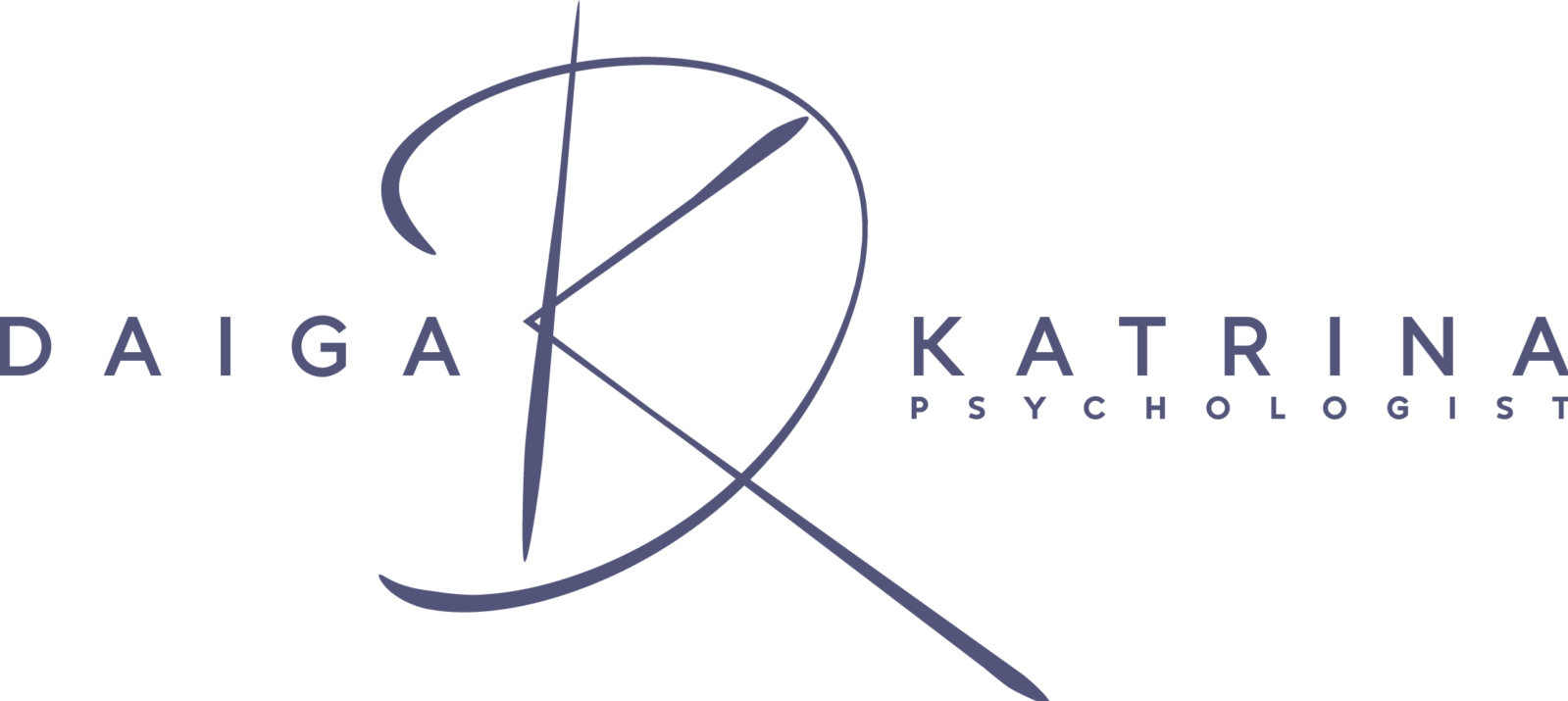For a deeper sense of self, meaningful relationships and a psychologically healthy and soulful spirituality.
-
Visit Our Place
91-6 Čaka Street, Riga
-
Tr. - Ce. 9:00 - 18:00
- Request a visit
I have always been fascinated and amazed by the tendency of people to give up something - to throw away a part of themselves and their lives as useless. I have always found it absurd and illogical, because if something exists, it must have a meaningful function and use (at least that is my subjective logic).
However, if we look back in history, there have been times when societies or parts of societies have lived, for example, in a cult of denial of the body, of sexuality, of a higher power, of the existence of the supernatural, of the soul, of negative emotions... And now, in the field of spirituality, the denial of the mind and of the Ego is cultivated in many places.
Want to reach enlightenment?! Give up the Ego!
These and similar slogans are often heard. Renunciation of the Ego is a central teaching of many strands of spirituality (in the West it came from Eastern religions).
In psychology, too, in the context of the concepts of spirituality and transcendence, there is talk of going beyond the Ego, beyond the self, beyond the personality. However, what exactly does it mean to let go of the Ego, and in what situation of the human inner world does it become possible in its healthy form, is the subject of this article.
Nuances:
The story is deliberately simplified and told in a linear way - with the aim of making it more believable. Remember, however, that the human psyche is a complex mechanism, not all of which is as simple as the outline.
The beginning of the article is devoted to a basic theory, but I promise that this is for a purpose and that I will eventually get to the topic of spirituality.
Ego-based theory
The conceptualisation of the ego dates back to the late 19th century, with the contribution of Sigmund Freud, the Austrian neurologist and founder of psychoanalysis, to the field of psychology. The ego is one of the central terms of psychoanalytic theory and it refers to a set of functions inherent in the human being that facilitate adaptation to different life situations.
Everyone has an ego (even those who say they don't). It is the dimension of the human personality that determines how and whether a person is able to adapt to the external world, its demands and possibilities, balancing them with the demands and possibilities of his inner world. To paraphrase, the Ego helps us to find ways of satisfying our inner desires in a way that is acceptable to the external world, so that we can fulfil ourselves in accordance with the environment, culture and society in which we live.
Simplifying things greatly
I think that everyone has heard the iceberg metaphor at least once in their life when talking about human psychology, explaining that humans are only aware of a small part of their functioning, and that most of the material of the human psyche is stored in the preconscious or unconscious (or subconscious). And that these three levels of consciousness (conscious, preconscious and unconscious) are all interwoven by three parts of the psyche - the Id, the Ego and the SuperEgo. Here, this iceberg metaphor is called the structure of the human personality.

The ego is the part of the personality structure that is most closely connected to the conscious - the part that operates with the reality around us. The Id describes the instinctual part of a person, while the SuperEgo is the inner moral voice that determines when instincts should be restrained.
For example, if Id is our "I want, I need and now" inner voice, then SuperEgo is "be patient, it's not nice to behave like that in public!" The Ego is the part of the psyche that tries to balance the eternal conflict between the Id and the SuperEgo by satisfying both the Id's desires and the SuperEgo's demands, finding the best options for all parties in the current life situation. And, yes, this trialogue lives in each one of us.
For a fuller understanding, the Ego, Id and SuperEgo can also be seen as the inner adult, inner child and inner parent (according to Eric Berne's Transactional Analysis). And I personally think that the pictures found on Google of a person (Ego) with an angel (SuperEgo) sitting on one shoulder and a devil (Id) sitting on the other shoulder are also quite accurate.

The Ego is therefore the balance point between two mutually contradictory parts of the psyche
Where is the problem? In most cases, the person is internally unbalanced between these two fronts. In most cases, the inner pendulum is swinging one way or the other - the personality is more in the Id or more in the control of the SuperEgo.
In the case of Id dominance, a person may be, for example, more impulsive, more aggressive, more creative, more spontaneous, tend to avoid responsibility, etc. In SuperEgo dominance, on the other hand, a person is, for example, more polite, orderly, conscientious, also more internally bound, inflexible, predictable, often with an excessive sense of responsibility, etc.

The greater the imbalance between the Id and the SuperEgo, the more difficult it is for the Ego to maintain a balance between the two. And the harder it is to keep the balance, the harder it is to adapt to life, to reality, to the external world, its demands and possibilities. The harder it is to find ways to satisfy one's inner desires in a way that is acceptable to the outside world.
Naturally, people with a poorly developed Ego have difficulty maintaining this balance.
The essential power of the ego
The ego is the healthy part of the psyche - the grown-up, mature part of the personality. In fact, the work of psychologists, psychotherapists and therapists is largely focused on strengthening the power of the Ego (and this is not the same as developing egoism, egocentrism).
Why? Because it is the power of the Ego that determines:
- human self-consciousness;
- how people react and act in different situations
- how people manage their emotions, whims and desires;
- how people relate to their fellow human beings;
- how consistent a person is in their thoughts, emotions and actions;
- a person's sense of reality and ability to be in touch with reality;
- a person's ability to think and make decisions continuously, etc.
In other words, it is a strong Ego that ensures one's ability to perceive reality as it is - even if it is unpleasant. The stronger the Ego, the better one copes with life's complexities and suffering - preserving oneself and doing as little harm to oneself and others as possible. The stronger, more mature the Ego, the deeper and more stable one's sense of self becomes, and one's ability to manage oneself in the changing flow of stressors and environmental situations (McWilliams, 1994, as cited in Farrington, 2017).
So? What does this have to do with spirituality?
Moving inside spirituality, while Freud brought to psychology the idea that the Ego is the home of conscious awareness, the Swiss psychiatrist Carl Gustav Jung offered the following conception of the Ego.
The Ego is not only in constant dialogue with the preconscious, the unconscious, the Id and the SuperEgo, but also with the collective unconscious, including man's transcendent nature (the numinous or divine, or to simplify - the Universe, the Cosmos, God, of which the human Self is a part (Slef)), and the attainment of this level of consciousness marks the completion of the process of individuation and the attainment of wholeness of life.
So, the Ego is that part of the human personality which, by transcending (outgrowing itself, growing out of itself, growing inwards to a greater expanse), reaches spiritual maturity.
And yes, to reach spiritual maturity means to step outside your Ego, outside your identity, outside your personality. And in this sense the spiritual teachers are right: to get in touch with the unity consciousness of the Universe (to reach the moment of enlightenment), one has to let go of the Ego.
BUT... And here, finally, an explanation of why that long introduction was necessary
As one wise man said to me in the process of researching mystical experience, "A man can only give up what he has. Man cannot give up what he has never had."
So, to return to the problem at hand, and to put it briefly and brutally, if a person has a weak, unstrengthened, unrealised Ego, he has nothing really to give up. He doesn't really have anything to outgrow. There is nothing to grow out of. There is nothing really to get out of. There is nothing really to transcend.
Therefore, before giving up your Ego for spirituality, it should first be strengthened.
Why?
Because it is the Ego that, in the face of a field as abstract and elusive as spirituality, ensures that man can remain in healthy contact with reality. Especially after vivid spiritual experiences (which are so fashionable to chase at the moment).
Why is this important?
It is no coincidence that in psychology and psychiatry, the dimensions of spirituality are discussed from two opposing perspectives: mental health and mental illness.
Yes, the actualization of spiritual values and spiritual experiences is linked to the attainment of the highest levels of personal maturity. And, yes, it is a sign of mental health. And usually, interest in spiritual dimensions and experiencing spiritual experiences (naturally) becomes relevant for high-functioning or self-actualized, self-actualized (highly functioning or self-actualised) for individuals (Maslow, 1962).
However, the tendency to escape into spirituality, to seek an escape from reality, to retreat into fantasies and illusions of theories (including conspiracy theories), is also characteristic of people with a poorly developed Ego - people who try to avoid inner pain and external confrontations because the Ego is not strong enough to adapt to the reality they create. And from this also arise false paths of spirituality, messiah complexes, spiritual narcissists, spiritual narcissist worshippers, and the practice of spiritual practices aimed at filling the inner sense of lack and other shadow sides of spirituality.
These are cases where a person clings to one dogmatic belief system and avoids listening to different points of view. These are the cases where a person starts to sound "confused" to others because of his or her spiritual beliefs. These are the times when it is easier to think that everything is according to the will of the Most High than to take responsibility for one's own life.
...and now we have a little sense of which of the paths is more characteristic of each of us.
What to do with all this?
Once again, the power of the Ego determines one's ability to connect with reality as it is, with all the positive and negative that it contains. The only question is how we relate to it and how we are able to maintain our own inner stability in a sea of external events and stimuli. And spiritual maturity can be achieved through a strengthened Ego.
Thus, instead of getting rid of the Ego as quickly as possible, in order to reach the dimension of spirituality that promises a feeling of complete happiness, one must first make the Ego the object of one's interest - because the renunciation of the Ego does not happen by pushing it aside, but by growing through it.
How? The beginning is usually through what is known as self-seeking (search for the self), but I personally prefer the words: self-awareness, awareness of oneself and one's inner processes, conscious self-creation and self-realisation. This happens, for example, through awareness of one's strengths and weaknesses, developing healthy psychological boundaries, developing healthy self-awareness and self-esteem, developing the capacity for self-reflection, accepting the worthlessness of oneself and others, etc.

And what next? And then we give up everything we have built, believed and thought was right. We sacrifice it all to discover new levels of consciousness - to discover who we really are. Dissolving ourselves into a wider field of being. And the power of our Ego helps us to integrate this experience of dissolution into the reality in which we live.
To summarise...
Dear Ones, if we want to grab hold of spiritual experiences and consider ourselves as beings of light, for example:
- dancing around a campfire in the moonlight;
- believing in theories that human DNA is structured by alien genes and that the Earth is now passing through a portal into 4D and 5D realities where we will all live in the light of spirituality;
- drink sepents to feel cleaner inside;
- drink ayahuasca, using mescaline, psilocybin, LSD and DMT to catch divine feelings;
- Breathe the holotropic breath of rebirth to release the old programmes that hinder your spiritual growth;
- recite affirmations and prayers, and consciously meditate on the arrival of the desired reality;
- and do everything else that people (including me) don't do to feel even a little bit better in their lives and closer to so-called spiritual values...
...and at the same time you want:
- to be able to function socially adequately in the current reality, because we have no other;
- live in mutually fulfilling relationships with their peers, rather than being isolated from society;
- feel understood and belong, rather than being dismissed with comments like "the roof is blowing off";
- keep your sanity, not end up in a mental hospital...
...well, you get the idea.
Strengthen our Egos!
...and we may discover that much of the list of ridiculous things above is not at all necessary for the path of spiritual development, and that contact with the divine is possible through accepting and simply living oneself and one's present reality.
Sources:
Farrington, D. P. (2017). Integrated Ego Psychology: Vol. Second edition. Routledge.
Hernbeck, C. H. (2006). Relationships between spirituality, ego strength, and quality of life
Catherine Hacker Hernbeck, Tennessee State University.
Maslow, A. (1962). Toward a psychology of being. D Van Nostrand.
Rindfleish, J. (2007). The "death of the ego" in East-meets-West spirituality. Zygon, 42(1).
Search
Topics
Recent publications
- Why workplace spirituality is the key to organisational flourishing

- How to find the meaning of life?

- Common misconceptions about what contributes to a sense of meaning in life

- Why is a clear identity and sense of self a prerequisite for a psychologically healthy spirituality?

- What does it mean to become an adult? - The five levels of consciousness described by Robert Kegan

The content of this website may only be quoted, reproduced, republished and otherwise distributed in accordance with applicable copyright laws. For commercial use of the content, please contact and obtain permission.








